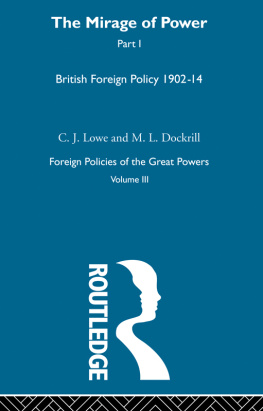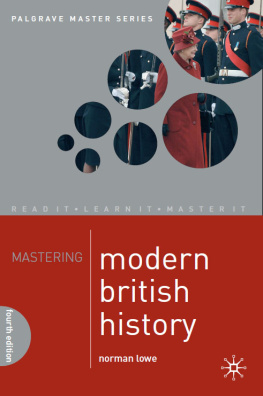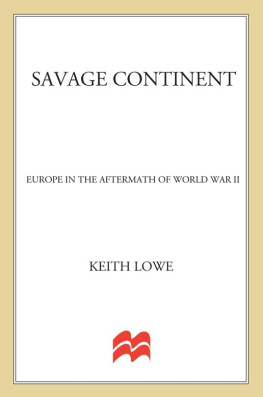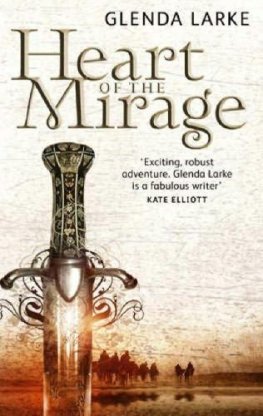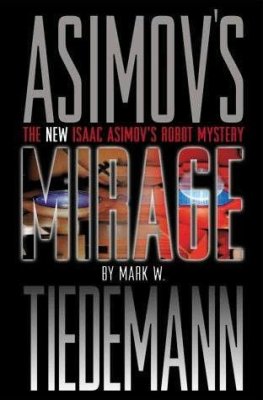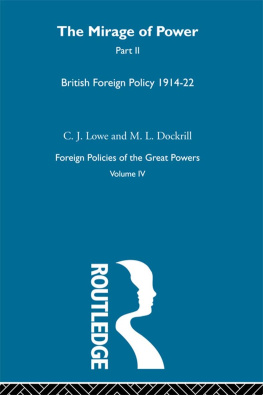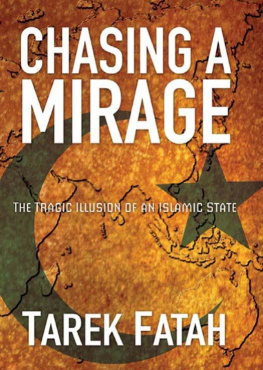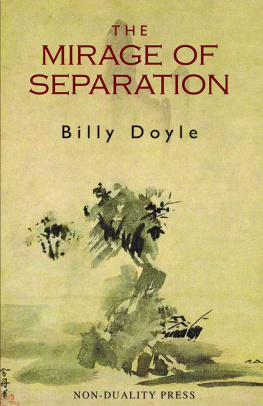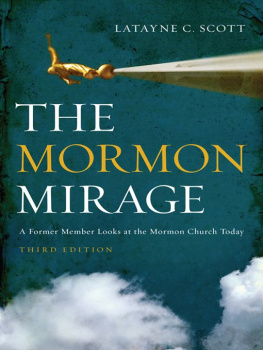Foreign Policies of the Great Powers
FOREIGN POLICIES OF THE GREAT POWERS
VOLUME I
The Reluctant Imperialists I: British Foreign Policy 1878-1902
C. J. Lowe
VOLUME II
The Reluctant Imperialists II: British Foreign Policy 1878-1902, The Documents
C. J. Lowe
VOLUME III
The Mirage of Power I: British Foreign Policy 1902-14
C. J. Lowe and M. L. Dockrill
VOLUME IV
The Mirage of Power II: British Foreign Policy 1914-22
C. J. Lowe and M. L. Dockrill
VOLUME V
The Mirage of Power III: 1902-22, The Documents
C. J. Lowe and M. L. Dockrill
VOLUME VI
From Sadowa to Sarajevo: The Foreign Policy of Austria-Hungary, 1866-1914
F.R. Bridge
VOLUME VII
The Foreign Policy of France from 1914 to 1945
J. Nr
VOLUME VIII
Italian Foreign Policy 1870-1940
C. J. Lowe and F. Marzari
VOLUME IX
German Foreign Policy 1871-1914
Imanuel Geiss
VOLUME X
From Nationalism to Internationalism: US Foreign Policy to 1914
Akira Iriye
VOLUME XI
Japanese Foreign Policy, 1869-1942: Kasumigaseki to Miyakezaka
Ian Nish
Foreign Policies of the Great Powers
Volume III
The Mirage of Power
I
British Foreign Policy 1902-14
C. J. Lowe and M. L. Dockrill
First published 1972 by Routledge
Reprinted 2002 by Routledge
2 Park Square, Milton Park, Abingdon, Oxon, 0X14 4RN
Simultaneously published in the USA and Canada
by Routledge
270 Madison Ave, New York NY 10016
First issued in paperback 2010
Routledge is an imprint of the Taylor & Francis Group
C. J. Lowe and M. L. Dockrill 1972
All rights reserved. No part of this book may be reprinted or reproduced or utilised in any form or by any electronic, mechanical, or other means, now known or hereafter invented, including photocopying and recording, or in any information storage or retrieval system, without permission in writing from the publishers.
British Library Cataloguing in Publication Data
A catalogue record for this book is available from the British Library
Library of Congress Cataloging in Publication Data
A catalog record for this book has been requested.
ISBN 978-0-415-27367-1 (hbk) (Volume 3)
ISBN 978-0-415-60614-1 (pbk) (Volume 3)
ISBN 978-0-415-26597-3 (set)
Publishers Note
The publisher has gone to great lengths to ensure the quality of this reprint but points out that some imperfections in the original book may be apparent.
The Mirage of Power
volume one
British Foreign Policy 1902-14
C. J. Lowe and M. L. Dockrill
Great God, I often think that the world of international diplomacy is the dirtiest thing alive and that a Statesman is a synonym for a knave.
Curzon, 1922
Preface
While this work endeavours to continue the policy of the first volume in this series, i.e. to utilize recent specialist studies in order to produce a book of manageable length for students, the bulk of this volume is necessarily based on original research by both authors in numerous archives and private papers. Although there is a steady trickle of monographs in this period, large areas were still untouched at the time of writing. Nevertheless, in an attempt at brevity, only the major aspects of policy have been discussed, which has led to many omissions, of which the authors are fully conscious.
We should like first to acknowledge the gracious permission of Her Majesty the Queen to quote material from the Royal Archives at Windsor Castle.
We are also grateful to the Controller of Her Majestys Stationery Office for permission to quote from unpublished Crown Copyright material in the Public Record Office, to the Trustees of the British Museum for permission to reproduce material in the Balfour and J. A. Spender papers in the Department of Western Manuscripts, to the Secretary of State for Foreign and Common-wealth Affairs for permission to transcribe unpublished Crown Copyright material in the India Office Library and to the Trustees of the National Library of Scotland for permission to quote from the Haldane Papers. Others who kindly gave us permission to quote from unpublished material of which they own the copyright are: the Trustees of the Beaverbrook Library and Beaver-brook Newspapers (Lloyd George papers), Mr Mark Bonham Carter (Asquith papers), Lord Harcourt, the Clerk of the Records of the House of Lords Records Office (Samuel Papers), and Mr Laurence P. Scott (C. P. Scott papers).
We should like to thank Mr Robert Mackworth-Young and the staff at Windsor Castle, Mr A. J. P. Taylor and the staff of the Beaverbrook Library, Lord Harcourt, and the Librarians at all the Archives listed above for their helpful and patient assistance during the time we were engaged on these researches. We are grateful to the editors of the Historical Journal and the Canadian Journal of History for permission to reprint material in Vol. II, Ch. I which first appeared in these periodicals. Our thanks are due, also, to the Canada Council for their generous aid in the summer of 1969, which greatly assisted the rapid conclusion of this work, and to Portsmouth Polytechnic.
Finally, we should like to express our gratitude to Professor W. N. Medlicott, for the advice and encouragement he has given to the authors both during his tenure of the Stevenson Chair of International History in the University of London and in his retirement.
C. J. LOWE
M. L. DOCKRILL
Authors Note
It was not thought necessary always to identify the various (Departmental) Offices held by Ministers, especially after the beginning of the First World War, when the game of musical chairs really began in earnest, when new Departments were created, and later dissolved, with increasing frequency, and when Ministers came and went with great rapidity. The interested reader is advised to consult the useful lists of Cabinet Ministers and their posts contained in the appendices of Sir Robert Ensors England, 18701914 (Oxford, 1936) and A. J P. Taylors English History 19141945 (Oxford, 1965).
C.J.L.
M.L.D.
Abbreviations
B.D. | British Documents on the Origins of the War, 18981914 |
Cab. | Cabinet Papers |
C.I.D. | Committee of Imperial Defence |
EUR.D. | Morley Papers (India Office) |
F.O. | Foreign Office Correspondence |
Geo.V. | Royal Archives (post-1910) |
V.I.C. | Royal Archives (pre-1910) |
Chapter 1
The Anglo-French Entente
A better understanding with France would not improbably be the precursor of a better understanding with Russia.
Lansdowne, 1903
Introduction
The Anglo-Japanese alliance and the end of the Boer War on 31 May 1902 enabled Lansdowne to face the future with greater confidence, and temporarily lessened the urgency for a settlement of outstanding problems with France and Russia. This was evident from his response when, in August 1902, Paul Cambon, the French Ambassador in London, put out feelers for an Anglo-French agreement on Morocco and Siam. Lansdowne, fearing complications with Germany and Austria, decided to await a more favourable moment. Although he recognized that the political and economic influence of France in Morocco was increasing, he hoped that the country could be kept going as a nominally independent state, at least for a few more years.



